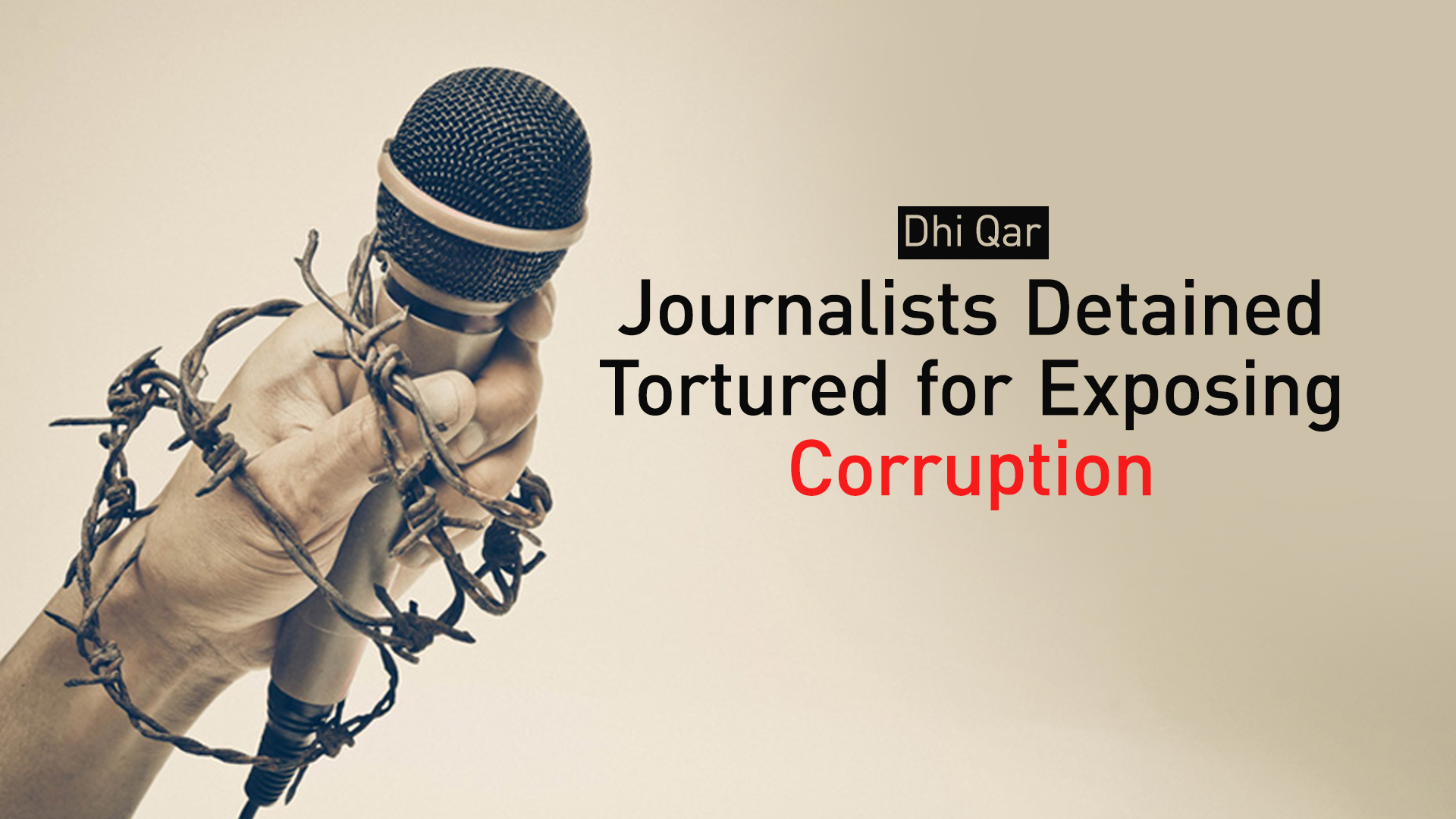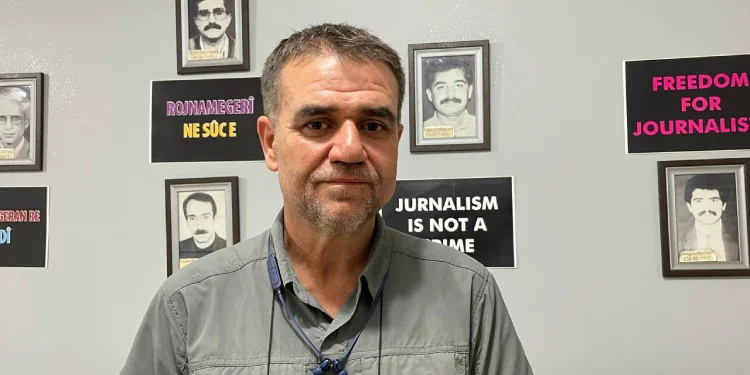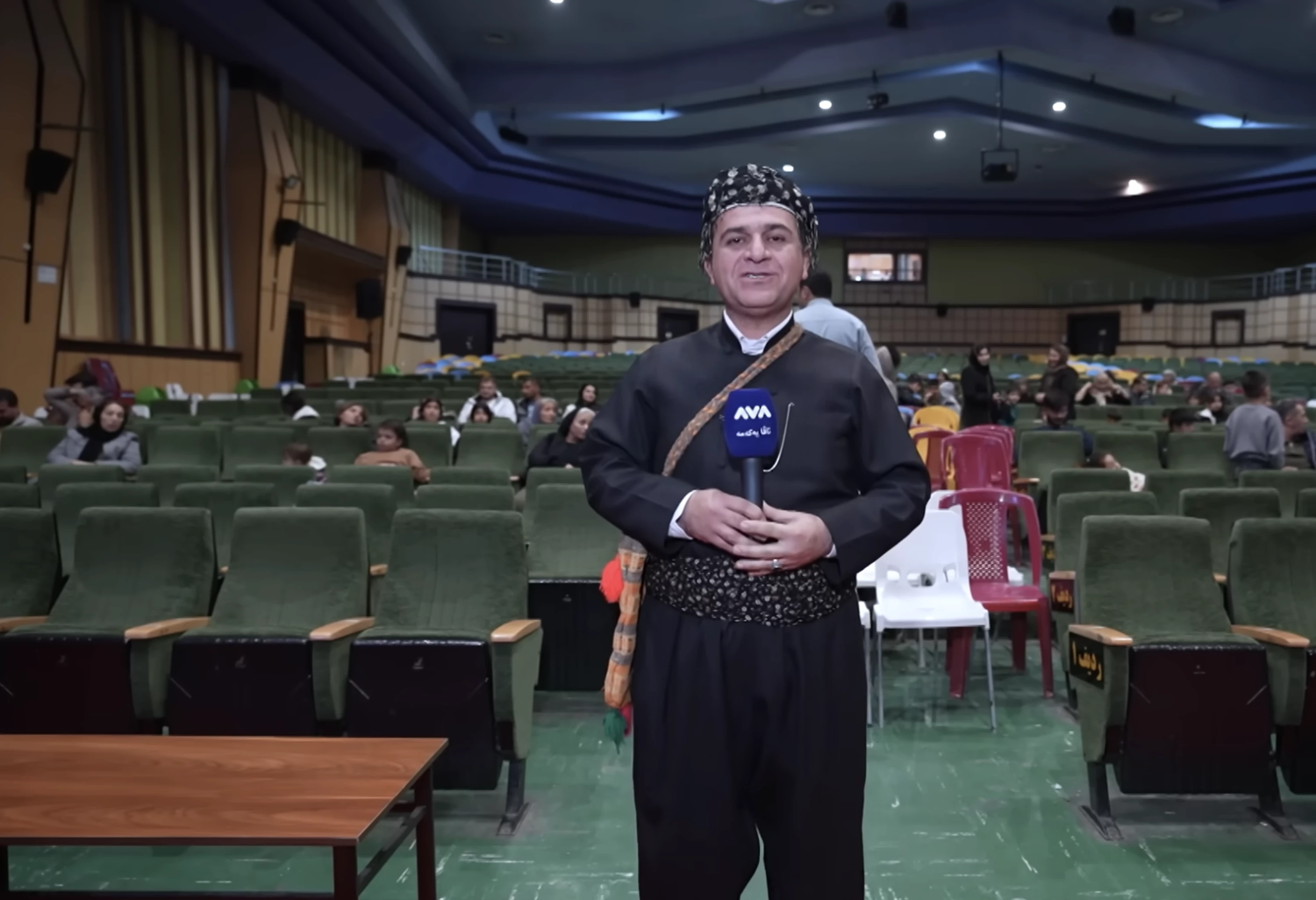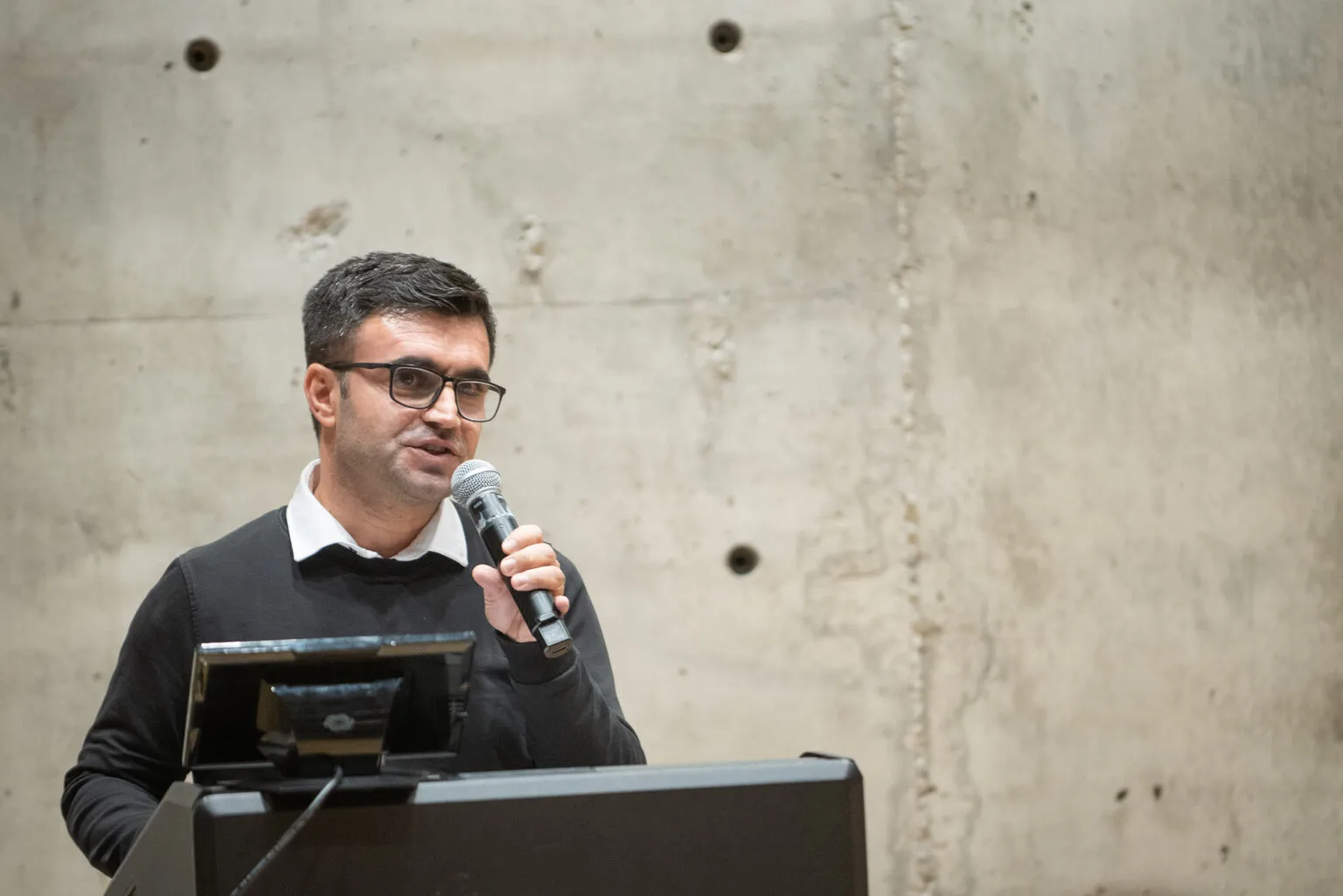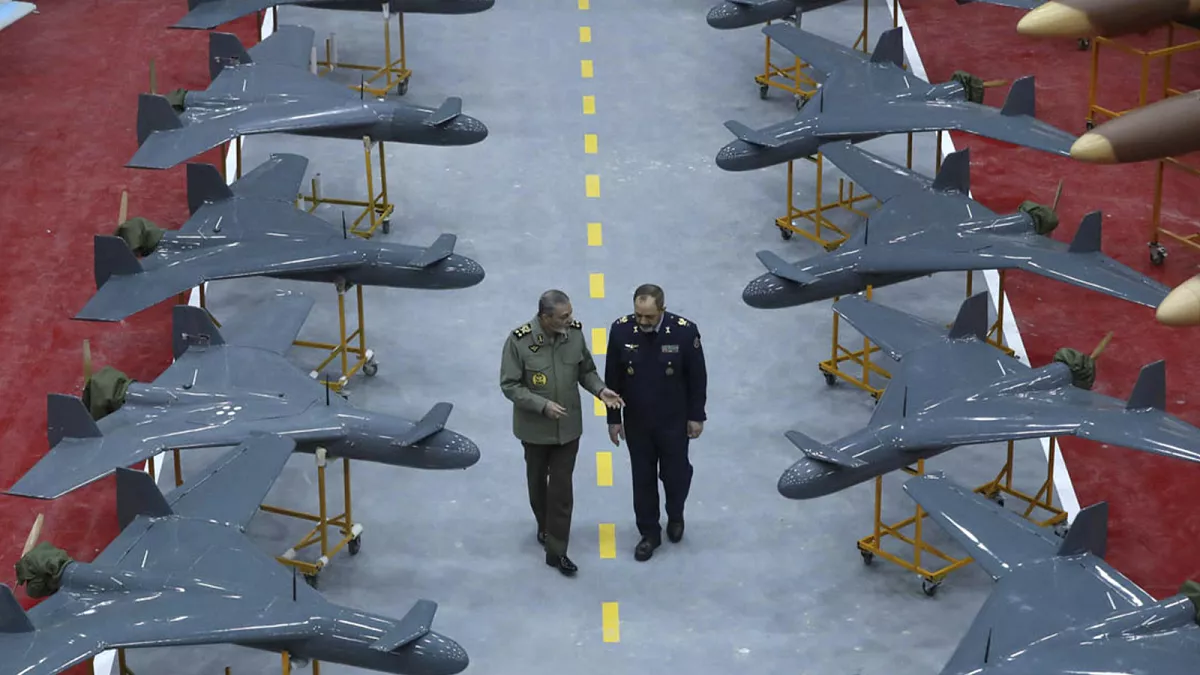
Italian-Iranian Diplomatic Swap: Detained Iranian Released After Italian Journalist Freed
January 12, 2025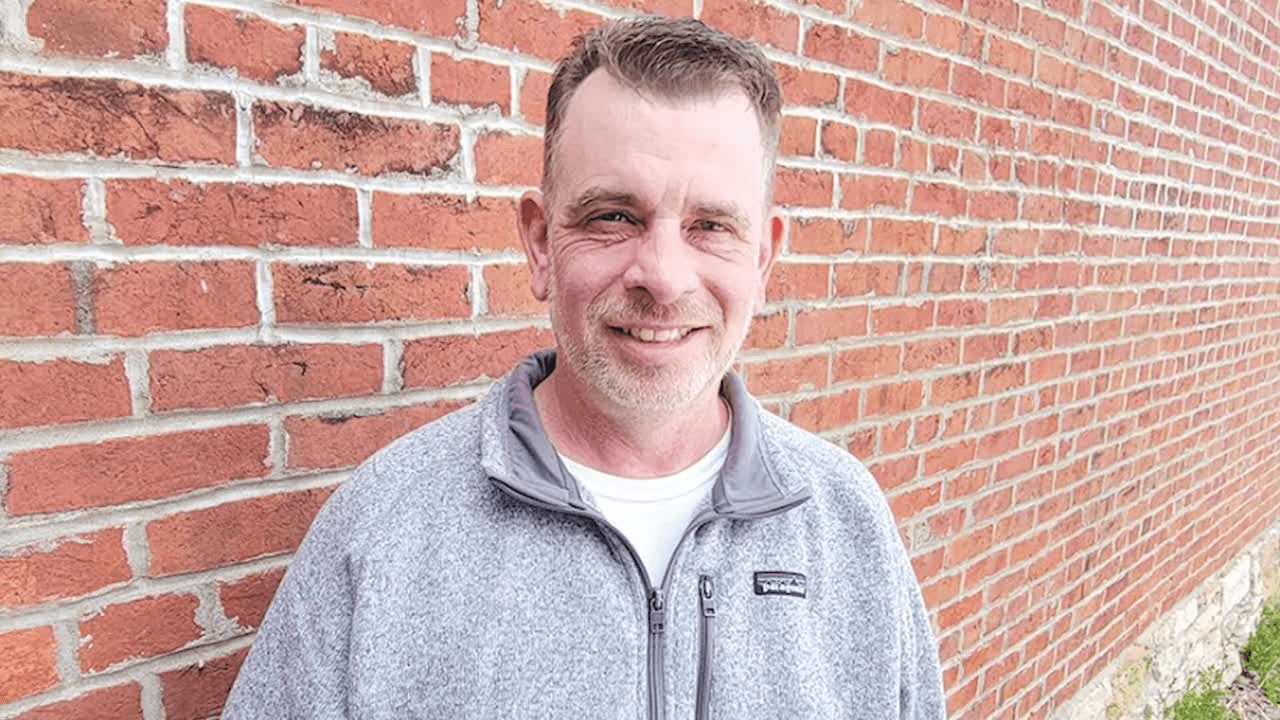
Missouri Sports Reporter Dennis Sharkey Jr. Killed in Suspected Road-Rage Shooting
January 12, 2025January 12, 2025 – Kurdistan –
In Iraq’s southern province of Dhi Qar, journalists are increasingly becoming targets of repression for reporting on corruption and anti-government protests. According to Kurdistan24, several reporters have been detained, tortured, and denied access to information after attempting to cover demonstrations and investigate allegations of mismanagement within local government institutions.
The crackdown appears to be part of a coordinated campaign to silence critical voices. Journalists have reported being held for hours without explanation, interrogated under harsh conditions, and subjected to physical abuse by security forces. In some cases, their equipment was confiscated or destroyed, and they were warned against publishing sensitive content.
These actions have created a climate of fear for media professionals in the region. Many are now self-censoring or avoiding controversial topics entirely to protect themselves. Access to official information has also been systematically restricted, with authorities refusing to respond to press inquiries or grant permits to attend public events. Independent reporting has become increasingly difficult in a province already plagued by poor governance and widespread dissatisfaction.
Dhi Qar has been a hotspot for public unrest since 2019, with regular protests erupting over unemployment, lack of basic services, and perceived corruption. Journalists covering these protests play a crucial role in documenting human rights abuses and informing the public. However, their efforts are being met with violent suppression rather than legal protection.
Human rights organizations and press freedom advocates have condemned the treatment of journalists in Dhi Qar, urging the Iraqi government to investigate the abuses and hold perpetrators accountable. They warn that the targeting of journalists not only violates international human rights norms but also undermines transparency and democratic accountability.
The situation in Dhi Qar reflects a broader trend in Iraq, where journalists continue to face threats, legal harassment, and violence for performing their duties. Without immediate intervention and the enforcement of protections for press freedom, Dhi Qar risks becoming a region where corruption flourishes unchecked and the public is denied access to truth and justice.
Reference –

